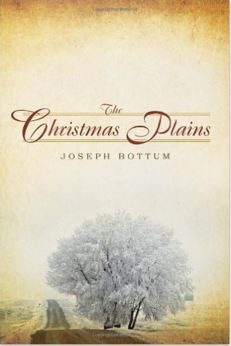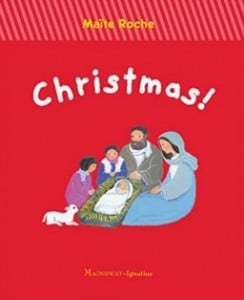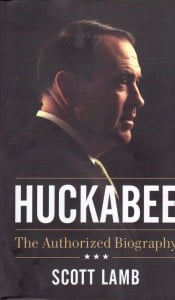 On January 6, we remember the Magi— those wise kings from the East who visited the infant Jesus, bearing gifts of gold, frankincense and myrrh.
On January 6, we remember the Magi— those wise kings from the East who visited the infant Jesus, bearing gifts of gold, frankincense and myrrh.
American-born playwright, literary critic and poet T. S. Eliot wrote his famous poem “Journey of the Magi” in 1927, following his conversion to Christianity and his confirmation in the Church of England. The dramatic monologue tells the story from the viewpoint of one of the magi. Tired and discouraged, the magus complains that the journey has been painful and tedious—and as he trudges along, he hears a voice in his ears telling him that “this was all folly.” Even when he sees the newborn Christ Child, he is unimpressed; and yet he realizes that the Incarnation changes everything.
“Were we all led that way,” he asks, “for Birth or Death?”
In his poems, Eliot frequently writes in the voice of an elderly speaker—someone who is world-weary, reflective, sad. In “Journey of the Magi,” the narrator has lost his spiritual bearings; yet by God’s grace, he is a witness to historical change.
Eliot is a master of symbolism. When the narrator speaks of “three trees against a low sky,” he is glimpsing into the future. The trees symbolize the crucifixion, and our spiritual release as the heavens are opened.
Here is a rare recording of the poet himself reading his work.












